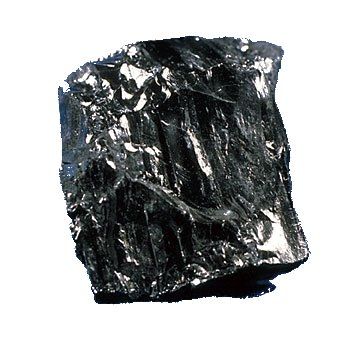Halifax - Erdene Resource Development Corp., and giant multi-national coal exporter Xtrata, continue to move through federal environmental regulatory hurdles to re-develop the Donkin coal mine project in Cape Breton.
Sometime this summer, the companies are expected to file their ‘Environmental Impact Statement’ to the Canadian Environmental Assessment Agency moving the project one step closer to fruition. The companies anticipate that the environmental regulatory process will be completed by the summer of 2013, clearing the way for feasibility studies and eventual production.
The Ecology Action Centre and the Sierra Club of Canada, Atlantic Chapter have registered as formal interveners in this process.
"Donkin represents the past, not the future for energy in this province. Federal emissions have not increased this year because of initiatives to shut down or reduce emissions from coal-fired plants," says Gretchen Fitzgerald, Director of the Sierra Club, Atlantic Chapter.
Increasing our reliance on coal, whether here in Nova Scotia or burning it elsewhere, means we are part of the problem, not the solution to climate change. We can do better, especially in a province that has such potential for local renewable energy that could keep folks working in Cape Breton long-term."
Members of the public are also able to comment on the environmental documents which covers some of the anticipated local and broader environmental and social impacts of the coal mine. Some other potential issues of interest would include global greenhouse gas emissions, carcinogenic, asthma inducing air pollution associated with coal combustion and the local impacts on fish and wildlife habitat of developing the mine.
Following a decline in world coal prices and in wake of the Westray mining disaster, the development of the Donkin mine was suspended by Cape Breton Development Corp. (CBDC) in 1989, and the tunnels were sealed and flooded in 1992. Then, in June 2006, with the resurgence of global coal commodity prices, Xtrata purchased the site from CBDC and commenced remediation and regulatory activities to re-open the mine.
According to Erdene Resource Development Corp., the Donkin mine is ‘technically and economically viable’ and has the potential to produce 2.8 million tonnes of suitable coal for international export markets to developing countries like India and China for use in metal production. It is also possible that Emera-Nova Scotia Power also may utilize Donkin coal in domestic coal power plants for electricity production.
The Donkin mine would have a lifespan of 30 plus years, while the project would include a coal handling and processing plant, including waste disposal and water treatment infrastructure, that would be constructed to produce coal ready for transfer to a new barge loading facility at Cape Morien.
Xstrata has a 9% share of the global coal export trade, making it the largest coal exporter in the world. 35% of Xtrata was recently purchased by the giant multi-national Glencore, which itself has substantial coal mining operations in Australia, South Africa, Canada and Colombia. Glencore has been the subject of a recent controversy for its poor environmental and human rights record in countries like the Congo, where it is accused of using child labour and illegal dumping in rivers. Also, with the recent deregulation of Canadian Wheat Board, Glencore is in the process of acquiring Viterra, the second largest wheat distributor in Canada.
The Donkin project has received special attention from the Harper government as a ‘Major Project’ of interest, meant to track and expedite environmental approvals. The Environmental Impact Statement on the Donkin project will be available for public comment within 60 days of June 1, at:



